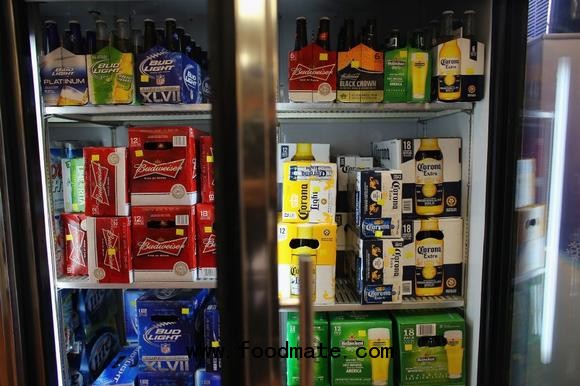So why is the Justice Department worried about a beer monopoly?
The DOJ filed suit Thursday to block Anheuser-Busch InBev (maker of Budweiser, Beck's, Michelob and 43 other brands of beer) from buying Grupo Modelo (brewer of Corona, Modelo and six other brands) for $20.1 billion. The department argues that Belgium-based Anheuser-Busch, which holds nearly half the beer market in the United States, has set the tone for the other major brewers by steadily increasing the wholesale price of its products. But Modelo hasn't followed the King of Beers' lead, the DOJ alleges, trying instead to take market share away from Anheuser-Busch by charging less for its beers.
Modelo's best-known brand is Corona, the bestselling imported beer in the United States. Anheuser-Busch (whose Bud Light is the bestselling U.S. beer overall) tried to counter Corona's popularity by introducing Bud Light Lime. Then it took the more direct route, seeking to take over Mexico-based Modelo and its brands.
The essence of the government's argument is that the deal would harm consumers by removing a competitor that had been undercutting the other major brands' prices. As the Justice Department put it, "ABI’s acquisition of total ownership and control of Modelo would eliminate the existing competition between ABI and Modelo, further concentrating the beer industry, enhancing ABI’s market power and facilitating coordinated pricing between ABI and the remaining large players. Consumers would, as a result, see higher prices and less innovation."
There's certainly been a lot of consolidation in the beer business. According to the DOJ, four international beverage conglomerates -- Anheuser-Busch, MillerCoors, Heineken and Modelo -- account for 78% of the beer sales in the United States. The first three behemoths have gradually snapped up smaller brands, many of them from foreign brewers, to create broad portfolios that dominate convenience store coolers.
And yet there seems to have been no lack of innovation in the market, particularly in so-called craft beers and regional brews. Granted, these often are priced well above cans of Bud Light. But that's understandable -- they don't enjoy the same economies of scale. Over time, a number of these smaller brands and imports have been snapped up by one of the conglomerates (e.g., Blue Moon by MillerCoors, Spaten by Anheuser-Busch). But new ones continue to pop up.
Collectively, smaller brands account for 22% of U.S. beer sales. That's more than just a niche. And it reflects a healthy demand by the public for something other than the products with enormous marketing budgets and plentiful Super Bowl ads.
From the point of view of federal antitrust enforcers, it may not matter much that consumers have lots of choices in a market segment if a dominant seller can drive up prices across the board. Still, it's hard to walk through a supermarket and not think that this is a good time to be a beer drinker.






